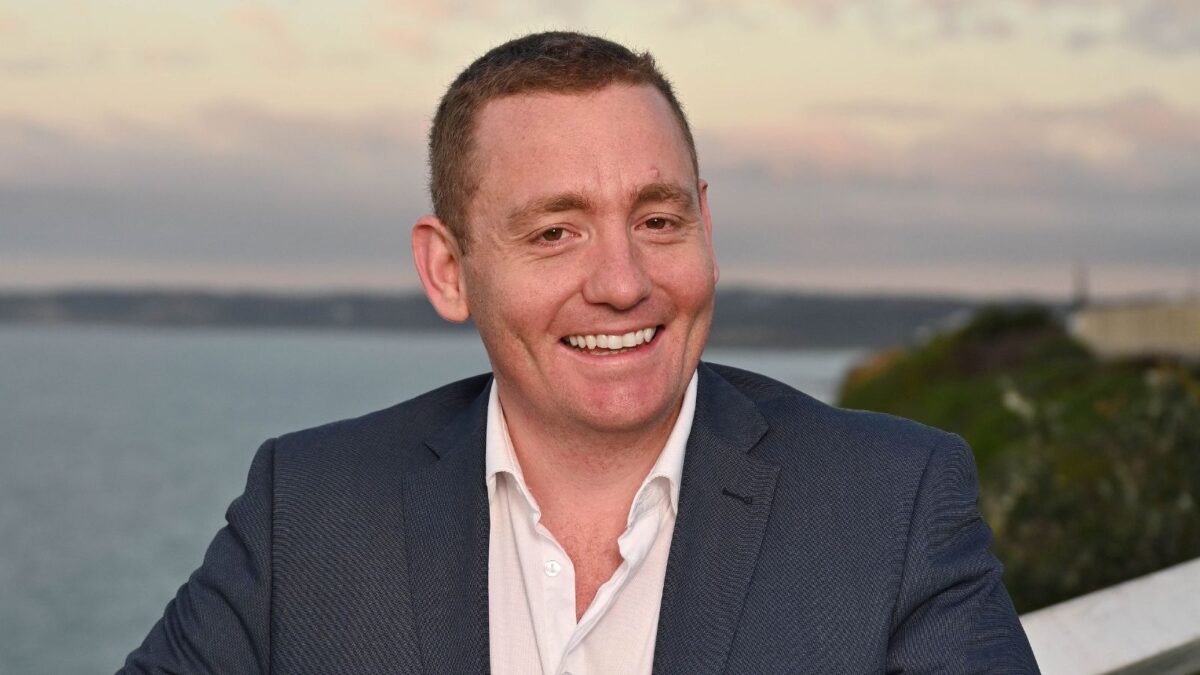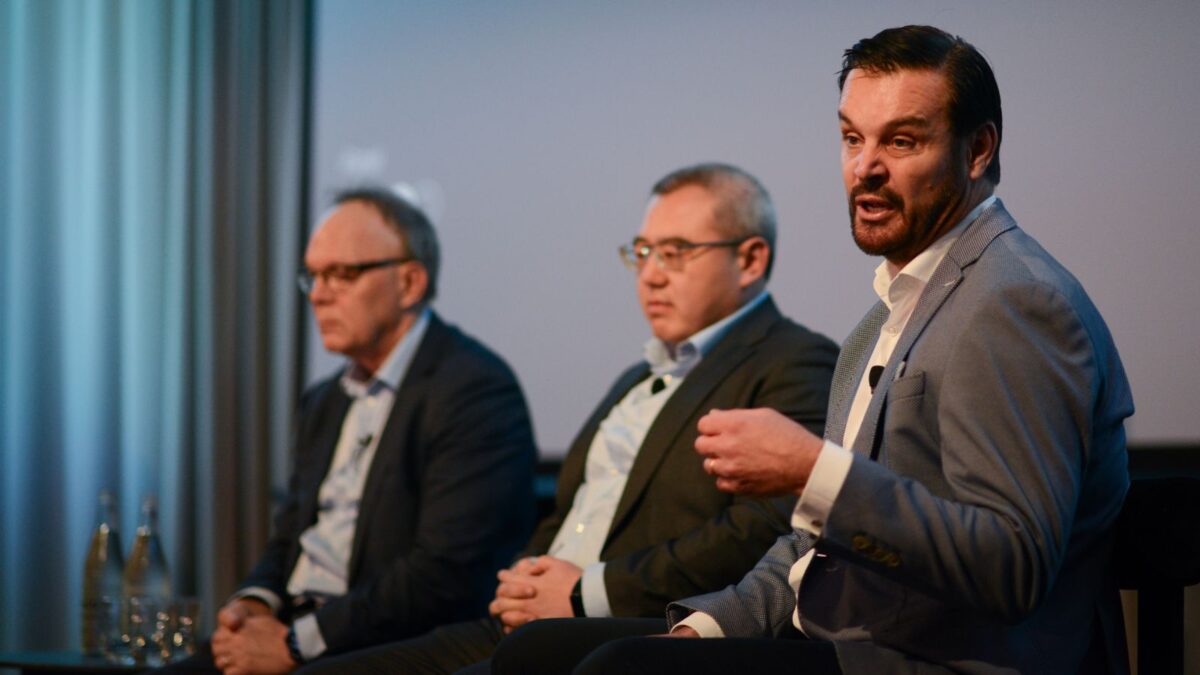Paul Woolley debate: the vulnerability of our institutions
Ron Bird
The annual Paul Woolley Centre conference, organised by University of Technology Sydney, this year includes a four-person debate on the resilience or otherwise of the financial system post-GFC and the vulnerability of financial institutions. The conference program was announced last week (download PDF).
The London School of Economics-based Paul Woolley Centre funds research on capital market dysfunctionality and the UTS conference – to be held on October 8-9 at UTS’s Sydney campus – showcases some of that research as well as discussing current issues. It is organised by Professor Ron Bird with assistance from Jack Gray, who will also chair the debate.
The debates have in the past proved to be a lively and sometimes controversial component of the conference. The full topic this year is: “That this house now agrees with Alan Greenspan’s 2004 claim that ‘not only have individual financial institutions become less vulnerable to shocks… but the financial system as a whole has become more resilient’.”
For the affirmative are Tom Valentine of Macquarie Graduate School of Management and Graham Harman of Russell Investments. For the negative are Ross Barry from First State Super and Brian Parker from Sunsuper.
The debate follows a keynote presentation by Professor Kevin Davis from ACFS titled “Looking Back on the Murray Inquiry”.
There are several other keynote addresses including two on short-termism – by Professor Catherine Casamatta from Toulouse University and Dr Geoff Warren from CIFR – and one on dark pools by Professor Talis Putnins from UTS.
The conference is for invited academics and industry participants. Interested parties should contact Ron Bird (email: [email protected])










